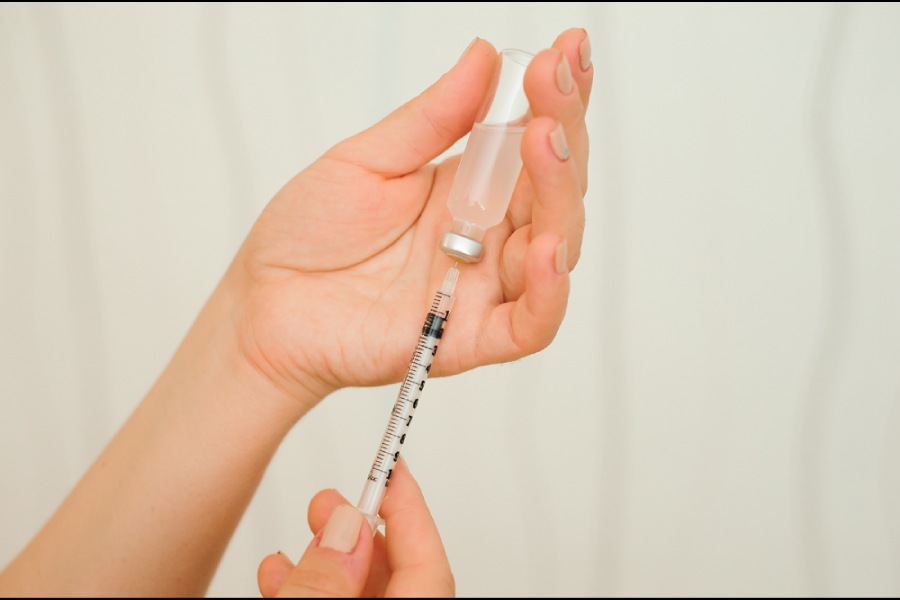The Centre’s drug regulatory authorities have asked their Rajasthan counterparts to take “action” on a homoeopathic medicine sold under the proprietary name “insulin tablets” after a doctor complained that the product could confuse patients into stopping real insulin.
The Central Drugs Standard Control Organisation (CDSCO) has said the words “insulin tablets” as a brand name or a proprietary name contravenes Rule 106(c) of India’s Drug Rules 1945 because the insulin formulation is a “single-ingredient homoeopathic medicine” and not allowed under the rules.
“No homoeopathic medicine containing a single ingredient shall bear a proprietary name on its label,” Rajeev Raghuvanshi, drugs controller-general (India) and head of the CDSCO, wrote citing the rule in a letter to the Rajasthan drug controller and the Union ayush (Ayurveda Yoga Unani Siddha Homoeopathy) ministry.
The product was licensed by state authorities in Rajasthan.
“You are requested to examine the matter and take necessary action in accordance with the provisions under the Drugs and Cosmetics Act 1940 and the rules,” Raghuvanshi had said in the letter dated February 13, 2024.
The CDSCO shared the letter with the complainant-doctor K.V. Babu on Friday after Babu had asked the CDSCO through the Right to Information Act route about follow-up action, if any, to his complaint.
Babu, an ophthalmologist based in Kannur, Kerala, and a member of the Indian Medical Association’s working committee, had complained to the CDSCO in January this year that homoeopathic tablets sold under proprietary names of insulin were available in the market.
“Patients may get confused and stop (taking) real insulin and switch over to tablets since it will be more convenient for them,” Babu had said in his letter. The response he has received also says the ayush ministry had also written to the director (homoeopathy) in Jaipur for necessary action.
Babu had two years ago also complained to the Centre about misleading advertisements by Divya Pharmacy, the maker of Patanjali products associated with yoga practitioner Ramdev, before the IMA petitioned the Supreme Court on the misleading advertisements.
Ramdev and Patanjali’s managing director Balkrishna, summoned by the Supreme Court during the hearings on the IMA petition, have tendered their unconditional apologies for the misleading advertisements.
“Inaction by Central and state authorities probably emboldened Patanjali to continue promoting products through misleading ads even after they received a notice from state authorities and after the company had itself assured that it would stop the ads,” Babu told The Telegraph on Saturday.
Haridwar-based Divya Pharmacy, responding on May 12, 2022 to a notice from the Uttarakhand state authorities, said the company had “immediately stopped publication of the impugned advertisements”.
But the Union ayush ministry had told the Rajya Sabha on March 28, 2023, that the ministry’s pharmacovigilance centres had reported over the previous eight months 53 instances of misleading advertisements by the firm.











